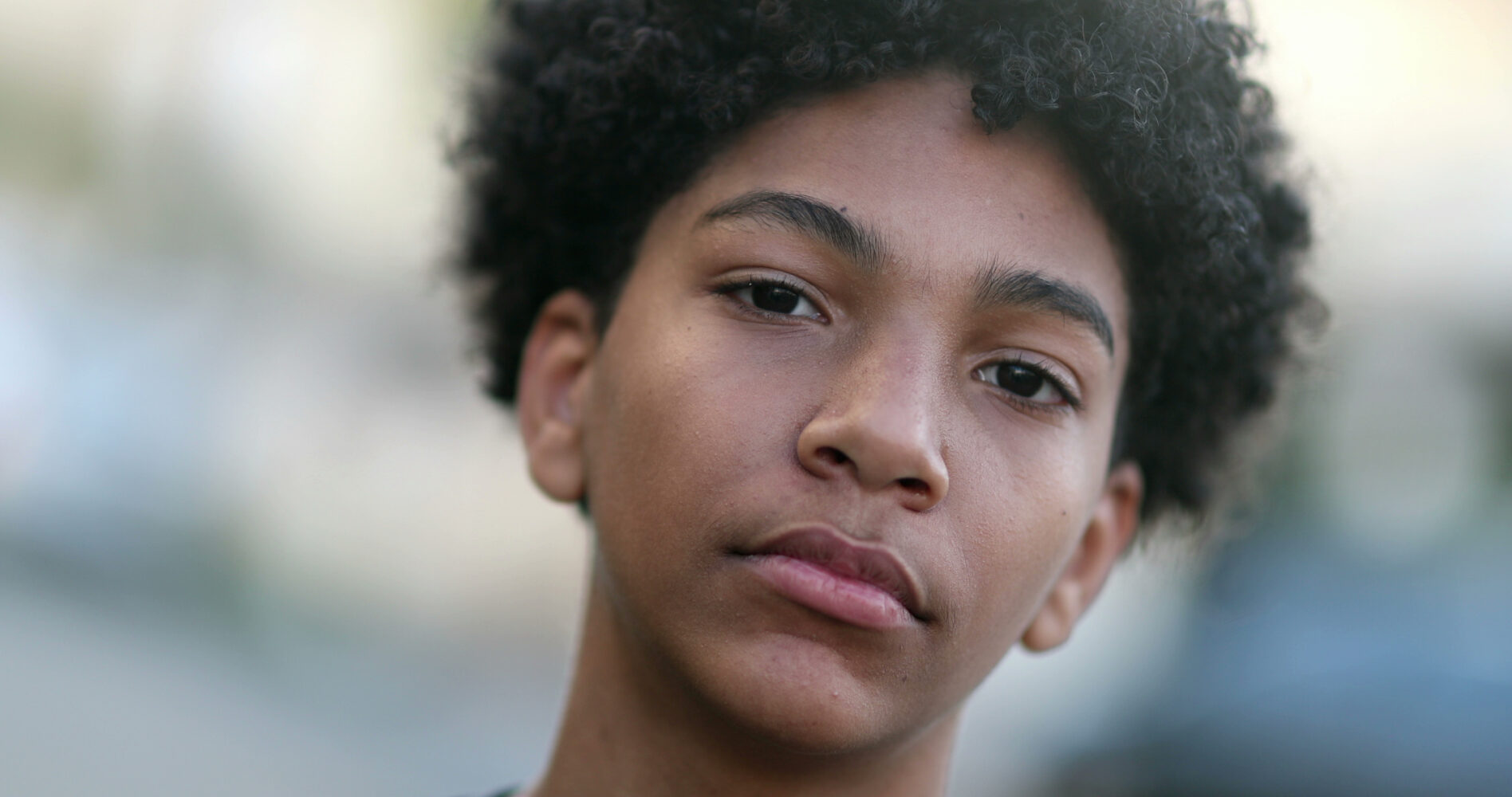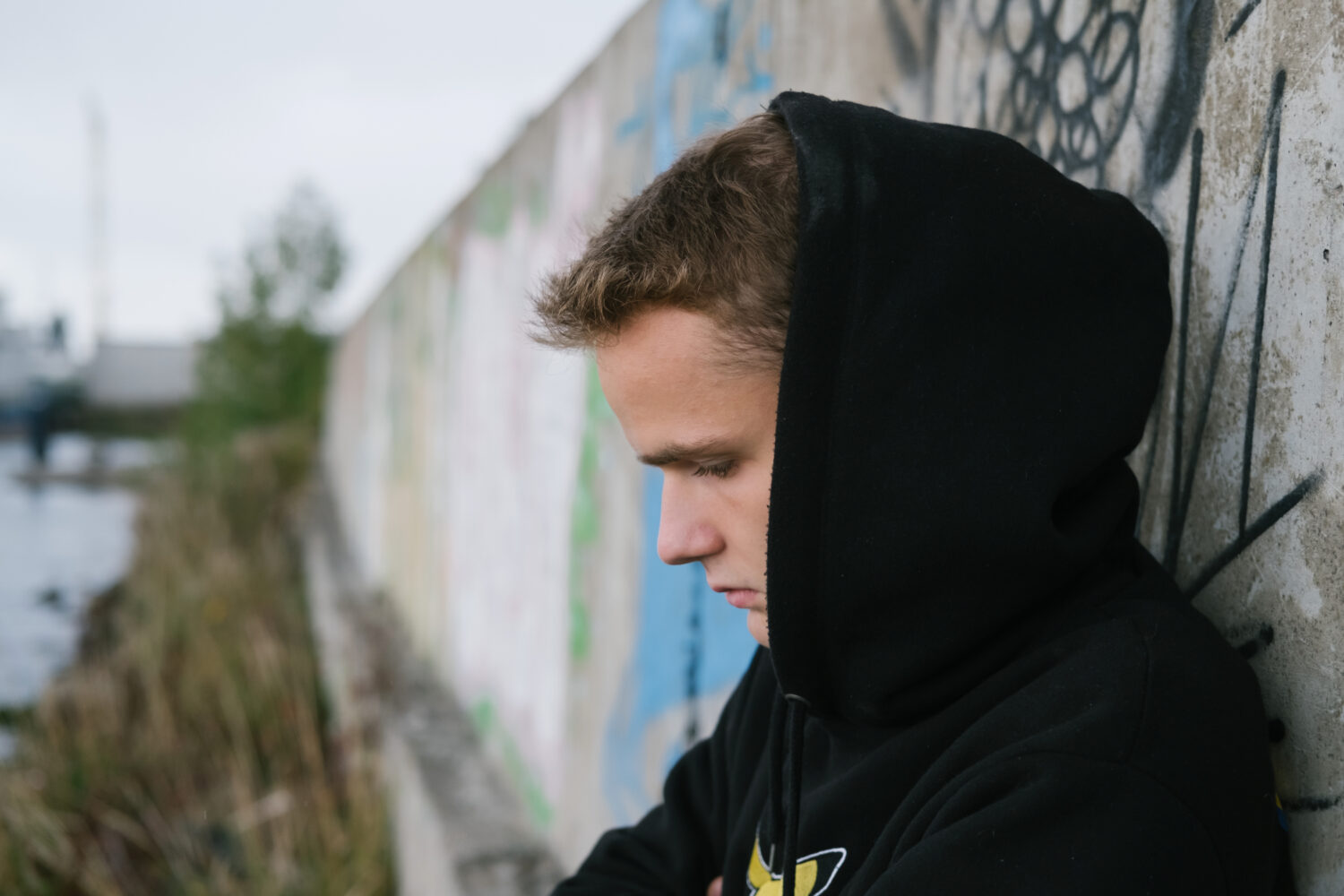
Child abuse
All children have the right to be brought up and grow up safely. Parent(s) or caregiver(s) are responsible to provide this safe and nurturing space but sometimes, they don’t know how to, due to impotence or in difficult situations.
When love, attention and proper care are missing or if a child is bullied, called names, beaten or sexually abused by its caregivers, it is deemed child abuse. Child abuse is any form of abuse that is threatening or violent to a child. Growing up in a family with domestic violence is harmful to a child. Child abuse can cause permanent psychological or physical damage.
Forms of child abuse
Child abuse occurs in many different ways:
Physical abuse
Physical abuse includes all forms of physical violence, such as hitting, kicking, biting, pinching, scratching, inflicting burns or dropping the child.
Physical neglect
In the event of physical neglect, the child does not receive the care and attention it needs and is entitled to given its age. This concerns, for example, insufficient, poor or irregular nutrition, insufficient protection against low temperatures and insufficient provision of safe development opportunities. Denying necessary medical care is also a form of neglect.
Sexual abuse
If someone has to undergo or perform sexual acts against his or her will, this is deemed sexual violence. This includes inappropriate behaviour. The sexual acts are performed without permission, under duress, with (the threat of) violence or enforced in a situation in which the victim cannot refuse. For example, due to a difference in age, power, strength and level. Or when enforced in a relationship of dependence involving e.g. parents/guardians, teachers, trainers or social workers.
See also the page about Sexual violence.
Emotional / psychological abuse
Psychological or emotional abuse occurs when caregivers show rejection and hostility towards the child through their attitude and behaviour. Caregivers or parents may call the child names, repeatedly tell the child that it is unwanted or intentionally scare the child. Psychological abuse can also consist of nasty statements about the child to others, in the presence of the child. Locking up and tying up the child also falls under psychological abuse.
Emotional/ psychological neglect
If caregivers or parents persistently fail in e.g. giving positive attention to the child combined with insufficient parental authority and structure in the upbringing, it is deemed psychological neglect. This means that the child’s needs are not met.
Witness to domestic violence
Children who witness domestic violence pick up on the violence between their parents in many ways. They can see or hear conflicts or are confronted with their consequences, for example injuries to a parent or having to flee to a safe place. Not only is the child a witness to the violence in the family, it’s also a victim. This is deemed child abuse.
Are you affected by child abuse?
This is what you can do!
Contact Safe Home
Safe Home is for everyone who is directly or indirectly affected by domestic violence and child abuse.
You can call for advice and support. This can either be for yourself or for someone else. You’ll speak to an employee who’ll listen carefully to what you have to say. This employee answers questions and gives advice. The employee will check with you whether professional help is needed and what help is best. You can remain anonymous if you want or need to.
Sometimes, it quickly becomes clear what the problems are and what help is needed. In that case, we’ll refer you to the right service or organise the right help for you. Sometimes, the problem is not clear and therefore that needs to be established first. Safe Home does this together with the people concerned, as much as possible. But if that’s not possible, Safe Home can also conduct an investigation without the consent of those involved, should this be necessary for the safety of the children or adults.
Are you not sure? Call us or chat, anonymously if you want, for advice. Nothing changes if you don’t!
If you want to report child abuse, contact Safe Home in that case as well.
Talk about it with someone you trust
Talking to someone close to you is an important first step. Often, there are more people willing to help you than you think. A close friend, family member or a neighbour who you trust. You can also ask if this person can come along with you to a relief agency.
If you are a child or young person and afraid to talk to an adult, you may want to talk to someone your own age. A friend, the girl next door or a classmate you trust. Whatever is best for you. Once you’ve taken that first step, you’ll find that getting things off your chest feels good. This could encourage you to talk to an adult, such as someone at school, a neighbour or an uncle or aunt.
Children who want to talk about problems they have at home can also call or chat with the Children’s Helpline. The telephone number is: 0800-0432 (free call) or chat via the website of the Children’s Helpline.
Children and adults who are victims (or witnesses) of sexual abuse can also contact the Sexual Abuse Helpline, by calling 0900-999 90 01.
Alternatively, you can contact Victim Support Netherlands for help and advice through their website or by calling telephone number 0900-0101.



Need help right away? Call the police!
Emergency? Call 112.

What happens when I call?
- We listen to your story
- You get advice
- We will look for help together
CALL (FREE)
0800-2000
You can contact us 7 days a week, 24 hours a day (for free).
This is what you can do if you’re worried about someone else
Contact Safe Home
If you have strong suspicions that someone is a victim of child abuse, you must report this. Children and parents/guardians often feel powerless, afraid or ashamed. Because they’re afraid to talk about it themselves, it’s very important that you do something about it when you notice signs of child abuse. It’s important that the situation becomes safe again and that help is available for all, because the violence doesn’t stop by itself. Someone has to take that first step!
You can contact Safe Home for advice and support. You can call us (0800-2000) or chat with us.
If you want to report child abuse, contact Safe Home in that case as well. You can do so by completing the report form for professionals or by telephone.
Talk to the people involved
Talking to the parents or children you are worried about is a big step. You often don’t know what’s going on exactly. And you don’t want to hurt the other person’s feelings. In addition, children or educators may feel ashamed and want to keep it secret. It’s also possible that your concerns were unjustified. Still, it’s better to find out. If the case does involve child abuse, you can discuss together how you can do something about it.
Tips on how to start a conversation with the affected child:
- Start a conversation about an easy or light topic to make the child feel at ease. Show the child that you are interested in how he/she is doing. This way the child knows he/she is not alone.
- Is the conversation going well, then you can carefully introduce an open question about what it is that you are worried about.
- Ask open questions and allow the child to tell his/her story. Avoid closed questions such as ‘did that bother you?’, instead ask ‘how did you feel about that?’.
- Avoid using the word ‘abuse’.
- It doesn’t help to judge. Children are very loyal to their family and friends. So don’t talk negatively about them, even if the things being told are making you feel angry or sad. Focus your attention on the child.
- Thank the child for sharing his/her story with you. Let them know they did a good job.
- Never make promises you cannot keep. Don’t tell him/her that you will keep a secret.
- In case you hear something during the conversation that you feel you have to share with others, tell the child. Explain what you will do and let him/her know you will keep them informed.
- End the conversation on a light note, by talking e.g. about the weekend or plans for this afternoon.
For tips on how to start a conversation with the adult:
- Don’t start the conversation off too ‘heavy’. Suggest for example to go have a coffee.
- Listen carefully to the other person and ask open questions, such as ‘how are you?’, instead of ‘things aren’t going so well, right?’
- Don’t list signs of what you have seen, but ask open questions. Hopefully the other person will talk about what is happening.
- Show understanding and don’t judge about what the other person is telling you.
- Are you capable of helping the other person with his/her problem? For example, by babysitting/ taking care of their children for an afternoon? A small gesture can mean a lot!
- Revisit the conversation at a later moment, perhaps you can do something for him or her.
